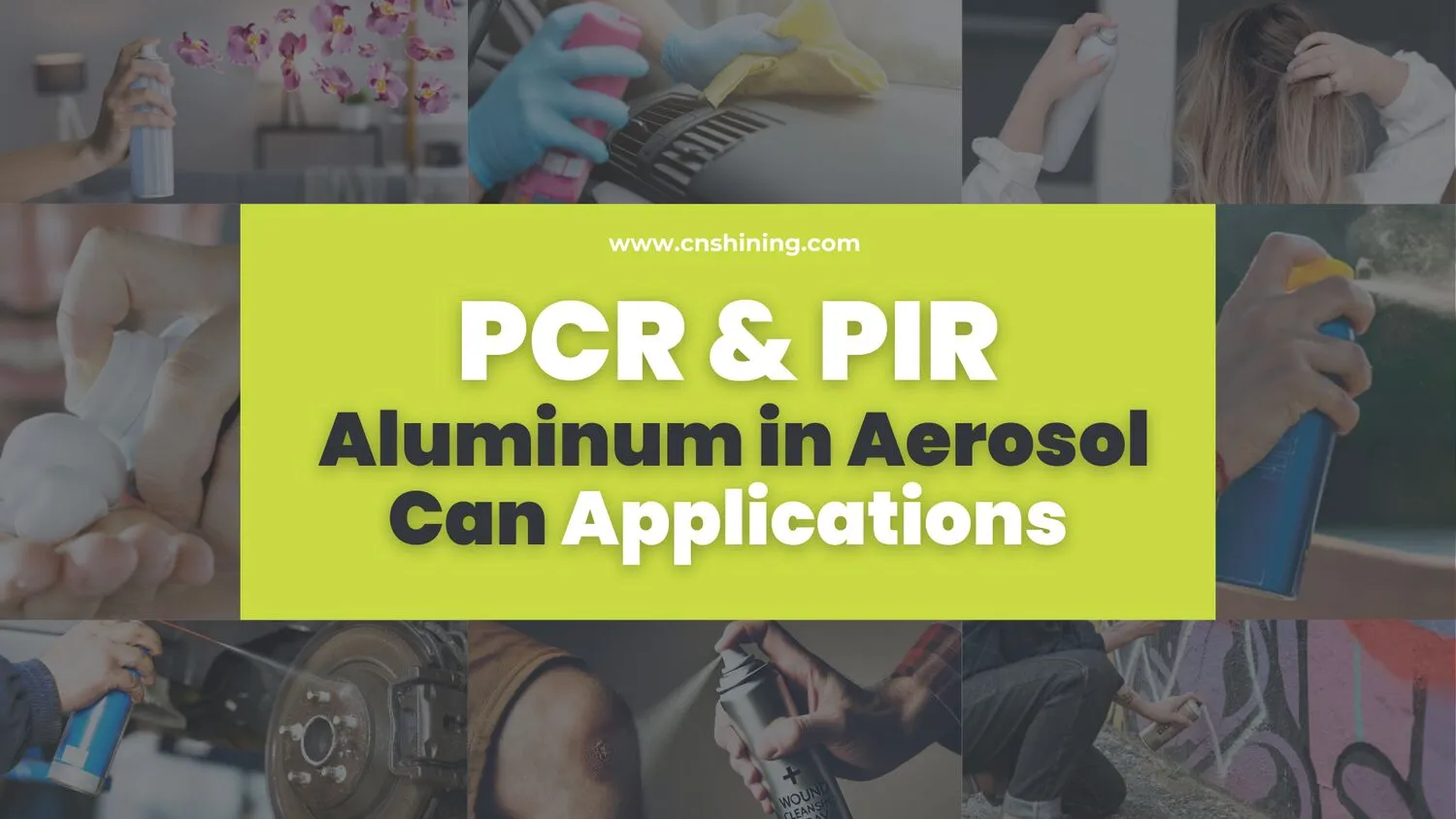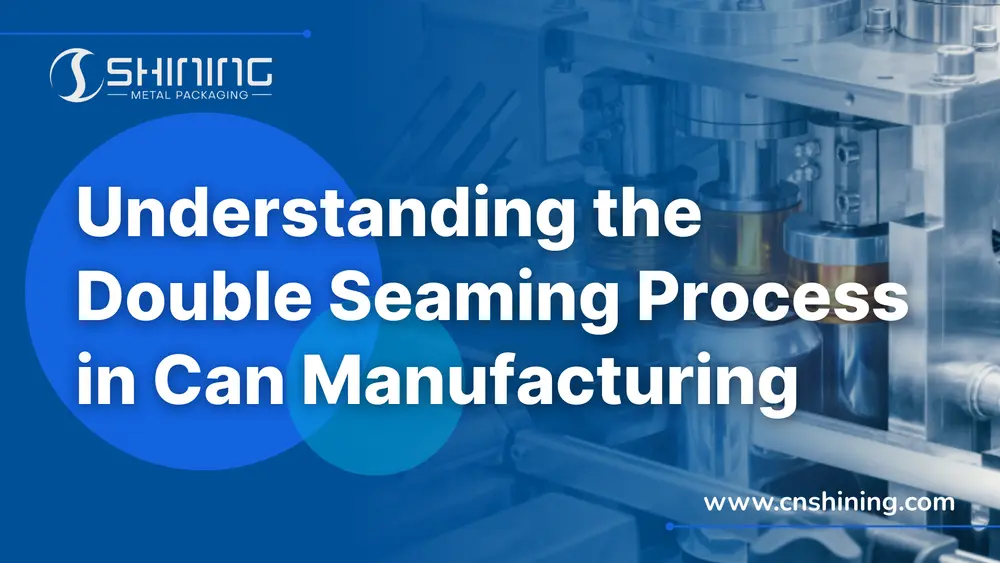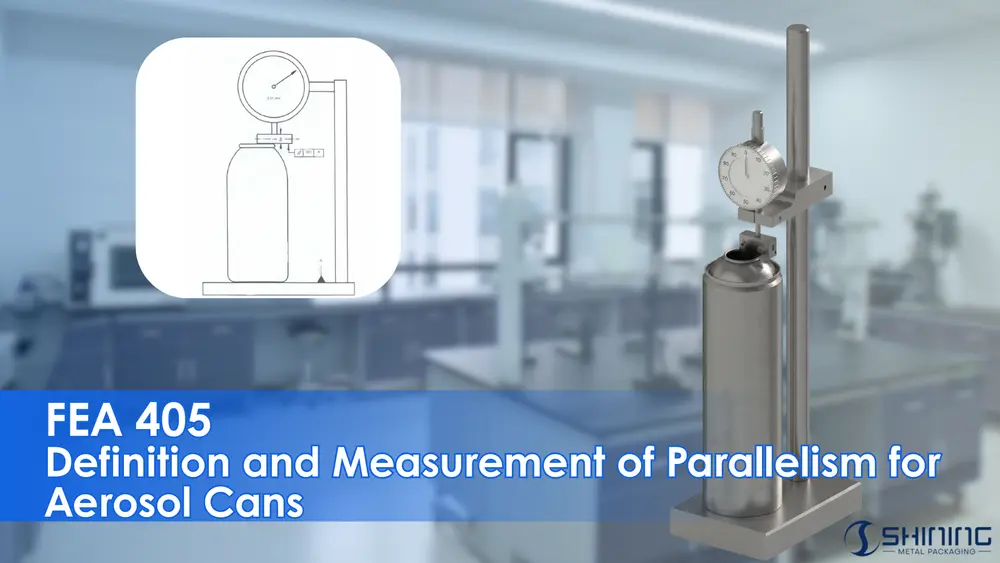The rise of sustainable aerosol packaging has made pir aluminum and pcr aluminum essential materials for producing aluminum aerosol cans and aluminum bottles. These recycled aluminum variants offer a blend of sustainability, durability, and versatility, making them ideal for a wide range of industries. This article explores how PCR (Post-Consumer Recycled) and PIR (Post-Industrial Recycled) aluminum are applied in aerosol can and bottle manufacturing, highlighting their practical uses, benefits for manufacturers and consumers, and contributions to green packaging solutions. By showcasing real-world applications, we aim to illustrate the transformative potential of recycled aluminum applications in modern packaging.
Why PCR and PIR Aluminum for Aerosol Cans?
Aluminum aerosol cans and bottles are prized for their lightweight, corrosion-resistant, and recyclable properties. Incorporating PCR and PIR aluminum enhances these qualities while aligning with global sustainability goals. Key reasons for their use include:
- Environmental Benefits: Recycled aluminum reduces carbon emissions by up to 95% compared to virgin aluminum, supporting aerosol can sustainability.
- High Purity: Both PCR and PIR aluminum achieve purity levels of 99.5% or higher, meeting stringent standards for food, cosmetic, and pharmaceutical packaging.
- Consumer Appeal: Eco-conscious consumers prefer products with eco-friendly aluminum cans, boosting brand loyalty and market share.
These attributes make PCR and PIR aluminum the go-to choice for manufacturers aiming to produce green packaging solutions that meet both regulatory and market demands.
Key Applications of PCR and PIR Aluminum
PCR and PIR aluminum are used across diverse industries to create aluminum aerosol cans and aluminum bottles. Below are some of the most prominent applications, each leveraging the unique properties of recycled aluminum:
| Industry | Application | Benefits |
|---|---|---|
| Cosmetics | Aerosol cans for hairsprays, deodorants, and dry shampoos | Lightweight, recyclable cans enhance brand sustainability and appeal to eco-conscious consumers. |
| Pharmaceuticals | Bottles and cans for medical sprays and nasal mists | High-purity aluminum ensures safety and compliance with health regulations. |
| Household Products | Cans for air fresheners, cleaning sprays, and insecticides | Durable, corrosion-resistant packaging extends product shelf life. |
| Food and Beverage | Bottles for water, beverage or cooking oil sprays | Food-grade recycled aluminum ensures safety and recyclability. |
Each application leverages the strength, recyclability, and aesthetic versatility of PCR and PIR aluminum, making them suitable for both functional and premium packaging needs.
Manufacturing Benefits of Using PCR and PIR Aluminum
Manufacturers adopting PCR and PIR aluminum for recycled aluminum applications gain several advantages that enhance production efficiency and market competitiveness:
- Cost Savings: Recycling aluminum is more cost-effective than mining and processing virgin aluminum, especially as bauxite prices rise.
- Regulatory Compliance: Using recycled materials helps manufacturers meet strict environmental regulations, such as China’s 2025 recycling targets or the EU’s 60% recycled content mandate by 2030.
- Supply Chain Stability: The growing availability of PCR and PIR aluminum ensures a reliable material supply, reducing dependency on volatile virgin aluminum markets.
- Brand Enhancement: Incorporating eco-friendly aluminum cans strengthens a manufacturer’s reputation as a sustainability leader, attracting eco-conscious clients.
These benefits translate into tangible economic and reputational gains, making recycled aluminum a strategic choice for sustainable aerosol packaging.
Consumer Benefits and Market Impact
Consumers are increasingly drawn to products packaged in green packaging solutions. PCR and PIR aluminum offer several consumer-focused benefits that drive market demand:
Enhanced Sustainability
Products packaged in pir aluminum or pcr aluminum cans and bottles are fully recyclable, supporting a circular economy. A 2023 study by the International Aluminium Institute found that 75% of consumers prefer recyclable packaging, and aluminum’s infinite recyclability makes it a standout choice.
Premium Aesthetics
Aluminum aerosol cans and aluminum bottles offer a sleek, modern look that appeals to premium markets. Recycled aluminum maintains the same visual and tactile quality as virgin aluminum, ensuring that brands can deliver high-end packaging without compromising sustainability.
Safety and Reliability
For industries like pharmaceuticals and food, PCR and PIR aluminum provide a safe, non-reactive material that preserves product integrity. Their corrosion resistance and airtight properties extend shelf life, ensuring consumer satisfaction.
Real-World Success Stories
The adoption of PCR and PIR aluminum has led to notable successes in the packaging industry, demonstrating their practical impact:
- Cosmetic Industry: A leading cosmetics brand switched to 100% PCR aluminum aerosol cans for its deodorant line, reducing its carbon footprint by 40% and earning a sustainability award from an industry association.
- Pharmaceutical Sector: A nasal spray manufacturer adopted PIR aluminum cans, achieving compliance with stringent health regulations while appealing to eco-conscious healthcare providers.
- Household Products: An air freshener brand used PCR aluminum cans to launch a “green living” product line, reporting a 25% sales increase due to consumer demand for aerosol can sustainability.
These examples, supported by industry associations like the International Aluminium Institute, highlight how recycled aluminum applications deliver measurable results across diverse sectors.
Challenges in Application
While PCR and PIR aluminum are highly versatile, their application in aerosol can manufacturing faces some challenges:
- Material Consistency: PCR aluminum may vary in composition due to its diverse sources, requiring strict quality control to ensure uniformity.
- Processing Costs: The cleaning and alloying of recycled aluminum can increase production costs, though these are often offset by long-term savings.
- Consumer Awareness: Some markets lack awareness of the benefits of eco-friendly aluminum cans, necessitating education campaigns to drive adoption.
Industry associations are addressing these challenges by promoting standardized testing protocols and consumer education initiatives, paving the way for broader adoption.
The Future of Recycled Aluminum in Packaging
The applications of PCR and PIR aluminum are expanding as industries prioritize sustainability. Innovations like lightweight can designs and advanced coating technologies are enhancing the functionality of aluminum aerosol cans and aluminum bottles. Additionally, growing consumer demand for green packaging solutions is driving manufacturers to integrate higher percentages of recycled aluminum, further solidifying its role in the packaging landscape.
Conclusion
PCR and PIR aluminum are redefining the possibilities of sustainable aerosol packaging. From cosmetics to pharmaceuticals, their applications in aluminum aerosol cans and aluminum bottles deliver environmental, economic, and consumer benefits. By addressing challenges and leveraging industry support, manufacturers can harness the full potential of recycled aluminum applications to meet market demands and regulatory requirements. In the next article, we’ll delve into the certifications and standards that ensure the authenticity and quality of PCR and PIR aluminum, providing a roadmap for industry compliance.





